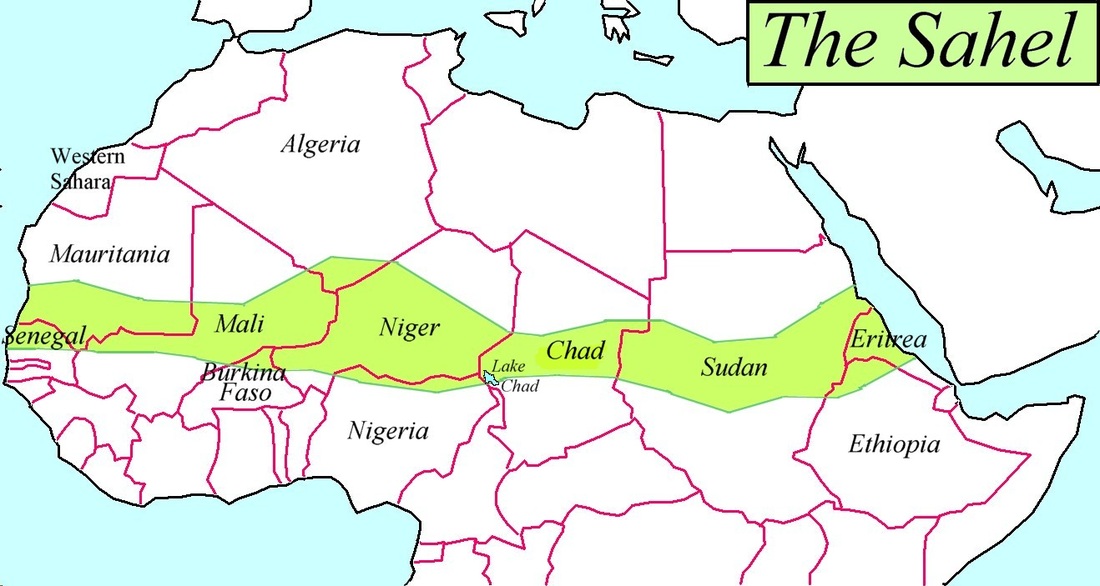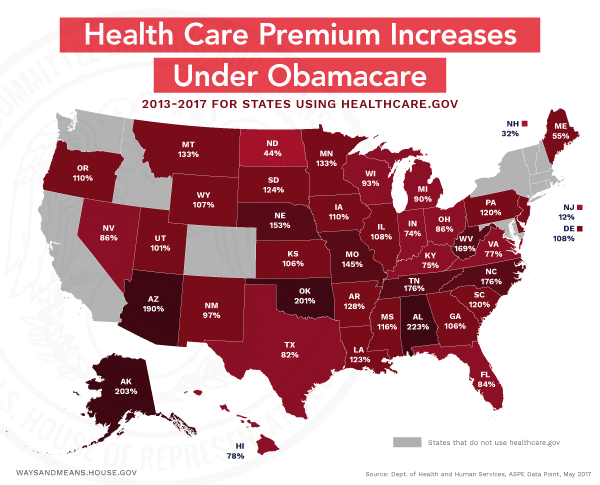
The European Commission has launched an “Emergency Trust Fund for stability and addressing root causes of irregular migration and displaced persons in Africa”, made up of €1.8 billion from the EU budget and European Development Fund, combined with contributions from EU Member States and other donors. The Trust Fund will benefit a wide range of countries across Africa that encompass the major African migration routes to Europe. These countries are among the most fragile and those most affected by migration. They will draw the greatest benefit from EU financial assistance. The countries and regions are:
The Sahel region and Lake Chad area: Burkina Faso, Cameroon, Chad, the Gambia, Mali, Mauritania, Niger, Nigeria and Senegal.
The Horn of Africa: Djibouti, Eritrea, Ethiopia, Kenya, Somalia, South Sudan, Sudan, Tanzania and Uganda.
The North of Africa: Morocco, Algeria, Tunisia, Libya and Egypt.
Neighbouring countries of the eligible countries may benefit, on a case by case basis, from Trust Fund projects with a regional dimension in order to address regional migration flo ws and related cross- border challenges. Read the full document here.
EU Economic and Military Investments in Africa Increase
Africa faces a number of security challenges, from terrorist groups such as Boko Haram and al Shabaab, to civil wars and violent conflicts in South Sudan and Libya, to severe droughts causing hunger crises in Somalia and Yemen.
This instability contributes to migration from Africa to Europe. In addition, a demographic boom is taking hold in Africa, stoking concerns about future mass migration. “Today, Africa is twice the population of Europe. In 2050, it will be four times the population of Europe, and it is projected at the end of this century to be 10 times the population of Europe. … There is a sense in many political circles in Europe that what’s happening today is just the beginning of a much bigger movement that could reach Europe tomorrow,” Philippe Fargues, founding Director of the Migration Policy Centre at the European University Institute in Italy, told The Cipher Brief.
The European Union is intervening. On the migration front, the EU is engaged in Partnership Framework Agreements with several African countries to stem the flow of migrants. “This was followed up with the setting up of the EU Emergency Trust Fund for Africa (a €2 billion aid program aimed at securing African countries’ cooperation in tackling irregular migration), leading to the initial signing of bilateral agreements with Niger, Nigeria, Mali, Senegal and Ethiopia” says the Abuja, Nigeria-based Director of the Centre for Democracy and Development, Idayat Hassan.
Niger, for example, is receiving €610 million to keep migrants from reaching Europe, Hassan says, and German Chancellor Angela Merkel has pledged €17 million to Niger to help develop the Agadez region, a major route for West African migrants.
Germany seems to be leading European action in Africa. Last year, German Development Minister Gerd Müller unveiled a “Marshall Plan” for the continent. “Germany and Europe have an interest to save people’s lives, to limit the effects of climate change and avoid ‘climate refugees,’ to prevent mass migration and to help create a future for Africa’s youth,” said Müller.
Asmita Parshotam, a researcher under the Economic Diplomacy Programme at the South African Institute of International Affairs, tells The Cipher Brief that this plan is intended to “cover a broad range of issues such as trade, increased private investment, bottom-up economic development, entrepreneurship, and job creation and employment.”
In addition to Germany’s unilateral aid to Africa, the EU recently announced its EU External Investment Plan that will help expand Africa’s private sector, with €3.35 billion in funding until 2020 and €88 billion if EU member states fully match that contribution.
The European Development Fund and African Investment Facility also provide economic development assistance from the EU to Africa.
In the development-security aid realm lies the EU Sahel Strategy, launched in April 2015. “The enhancement of security in the region through the fight against terrorism, illicit trafficking, radicalisation and violent extremism, remains the key objective of the EU,” according to a memo on the EU Sahel Strategy from the Council of the European Union.
EU member states also host a number of military bases in Africa. France, Germany, Italy, and Spain all have boots on the ground in Djibouti. France’s presence there is now around 1,700 personnel.
About 3,500 French troops operate in Burkina Faso, Chad, Mali, Mauritania, and Niger, and Gabon is a key base that France has used to send troops to interventions in the Central African Republic. France last year boosted its military presence in Cote d’Ivoire to about 900 men to serve as a forward operating base for West Africa.
The French, along with the Germans, are also in Niger. Germany has an air transport base at the Niamey international airport that supports its increasing troop contribution to the UN’s peacekeeping mission in Mali, a country that underwent a rebellion and coup in 2012 and a serious deterioration in the security environment in January 2013 when terrorist groups – Ansar Dine and the Movement for Unity and Jihad in West Africa, in addition to al Qaeda in the Islamic Maghreb – advanced south.
A majority of UN peacekeeping missions, in which many Europeans are involved, are in Africa.
The question remains, will the EU’s economic and military investment in Africa work in stabilizing a continent plagued by terror, war, drought and famine, extreme poverty, and inadequate governance?
Müller’s “Marshall Plan” acknowledges that African governments must take responsibility for fighting corruption, ensuring good governance, and improving opportunities for women.
The EU has made much of its development aid contingent on African governments’ cooperation in addressing the EU’s security concerns. For example, on migration, Parshotam notes that an EU-Mali deal will give Mali aid in exchange for Mali taking back all citizens whose asylum claims were rejected.
But with African countries that have no stable government to work with, it becomes harder for the EU to invest in and create stability. “Libya is a failing state – there’s no central authority,” Leonard Doyle, Spokesperson of the Director General at the International Organization for Migration, told The Cipher Brief. “So the Europeans have not been able to reach a coherent agreement with Libya [on migration]. Although there is a lot of pressure now, especially militarily, to stop the smugglers, and economically as well, to help Libya get back on its feet,” he said.
“I think we are completely wrong in our policies,” said Fargues. “The amount of money contributed to African development is too small, but also in the short term and medium term, development will not curb migration,” he said, because the African population continues to grow, while Europe’s continues to shrink. “We have to get prepared for migration.”







